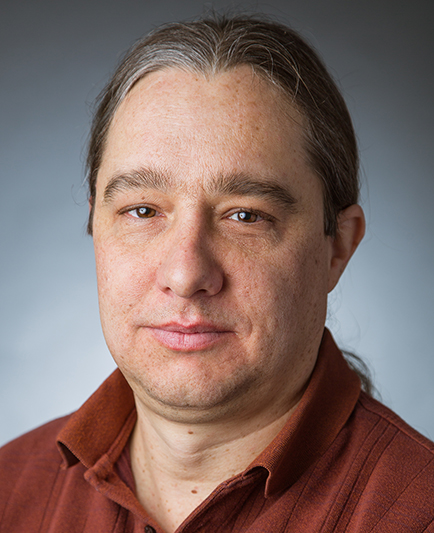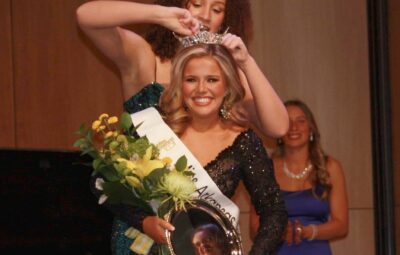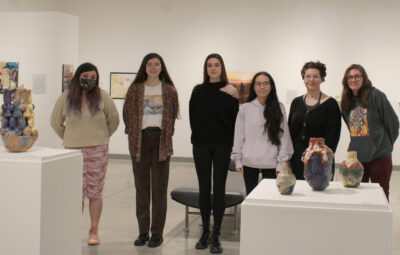Founded in 2001 by the Communal Studies Association, the Timothy Miller Outstanding Book Award is used to recognize an “outstanding contribution to the understanding of communal societies.” The award is named after retired professor of religion from University of Kansas at Lawrence, Timothy Miller. However it’s not just Kansas that has reason to celebrate this achievement as this year’s recipient is Tech’s Associate Professor of Anthropology, Dr. Joshua Lockyer. Lockyer provided his thoughts and ideas regarding the award, and how his book could apply to Tech as a community.
Lockyer attributes a childhood experience to his pursuit of anthropology. Lockyer visited “Native American reservations and small communities in northern Mexico” citing it as when he “got to experience different cultures and foods.” Along with partaking in the cultures and foods of these communities, Lockyer also visited archaeological sites. Visiting these sites got Lockyer to think “about people, communities, and cultures who lived different but flourishing lives.”
This childhood excursion to the south laid the groundwork for Lockyer’s pursuit of anthropology, allowing insight into how different groups and communities live and thrive with one another.
Upon receiving the award, Lockyer said it was a “true honor, and a culmination of over 20 years of research.” This research originally began while Lockyer was pursuing a doctoral degree at the University of Georgia, eventually becoming a key point of his award-winning work. Lockyer said he was humbled by receiving the award, citing both Miller and “past recipients of the award” as his mentors.
“It is a real high point in my career, to have my research and writing recognized in this way,” Lockyer said.
Lockyer also highlighted the juxtaposition between communities like Celo, and college campuses like Tech when asked what lessons from his work would he like to see Tech adapt in terms of community building. He cited that “there are major differences” between the two, highlighting that in Celo, the people there “share the land” and tend to be there for the long term.” Meanwhile at Tech, the “constituents don’t own the resources” and that “many of the community members — students especially — won’t be around for a long time.”
Despite the numerous changes, Lockyer also highlighted how Tech shares similarities with communities like Celo. Among these similarities Lockyer named the existence of “student organizations, and faculty and student governing bodies.” While the two types of community differ heavily, Lockyer considers these organizations and structures to be the same “types of groups,” focusing on the cooperation shared between them.
Lockyer discussed a course he will start teaching in the spring semester.
“I am teaching a seminar class about communities like Celo, Cults, Communes and Cooperative Communities.” He went on to say that “these types of communities have been such a big and important part of the cultural fabric and history of our society.”
Lockyer said students interested in taking the course should have “curiosity and a willingness to read and discuss.”







